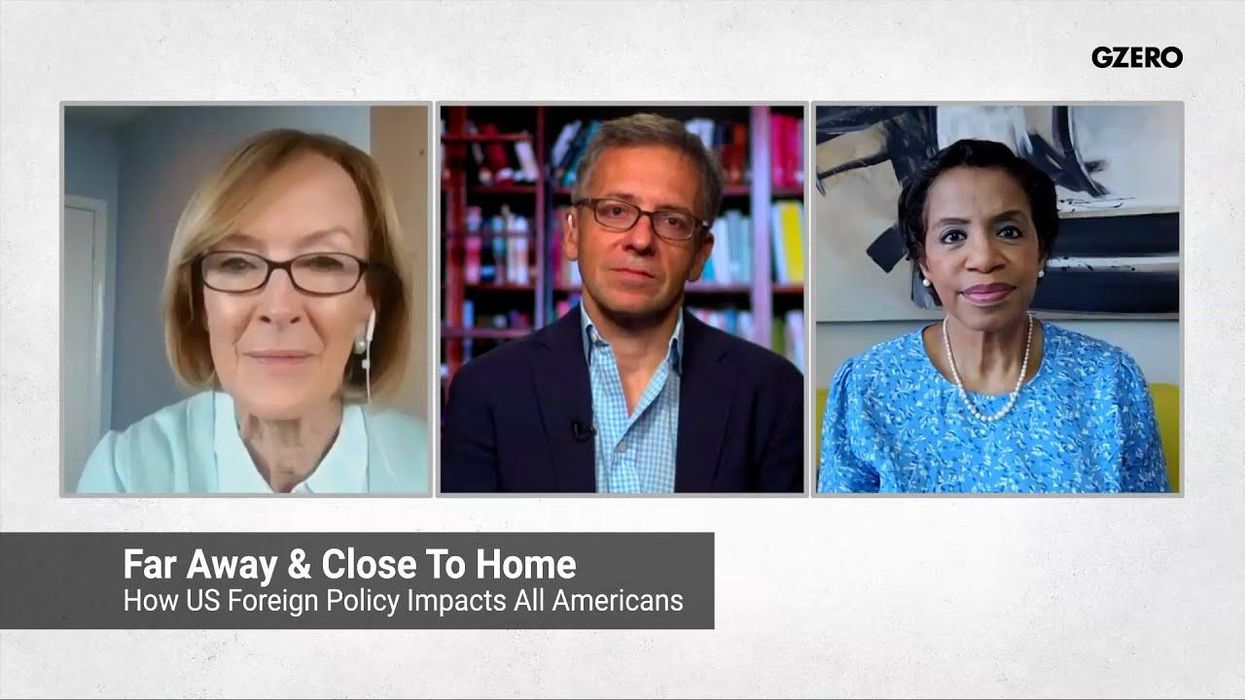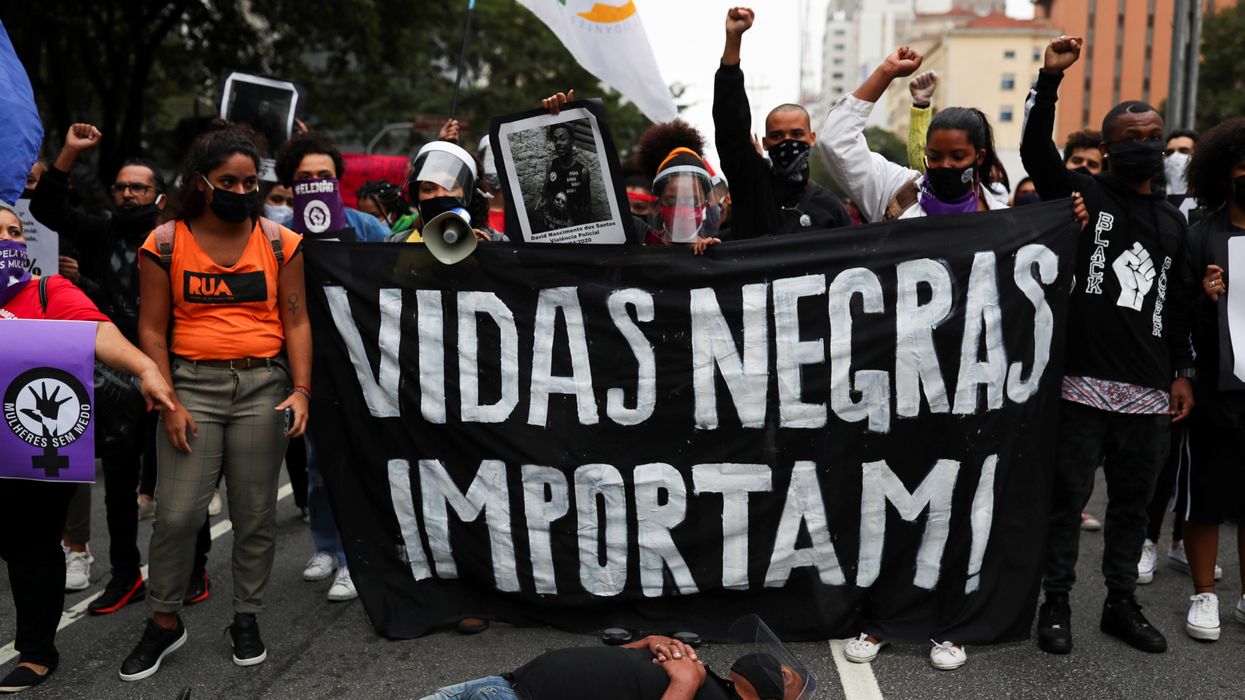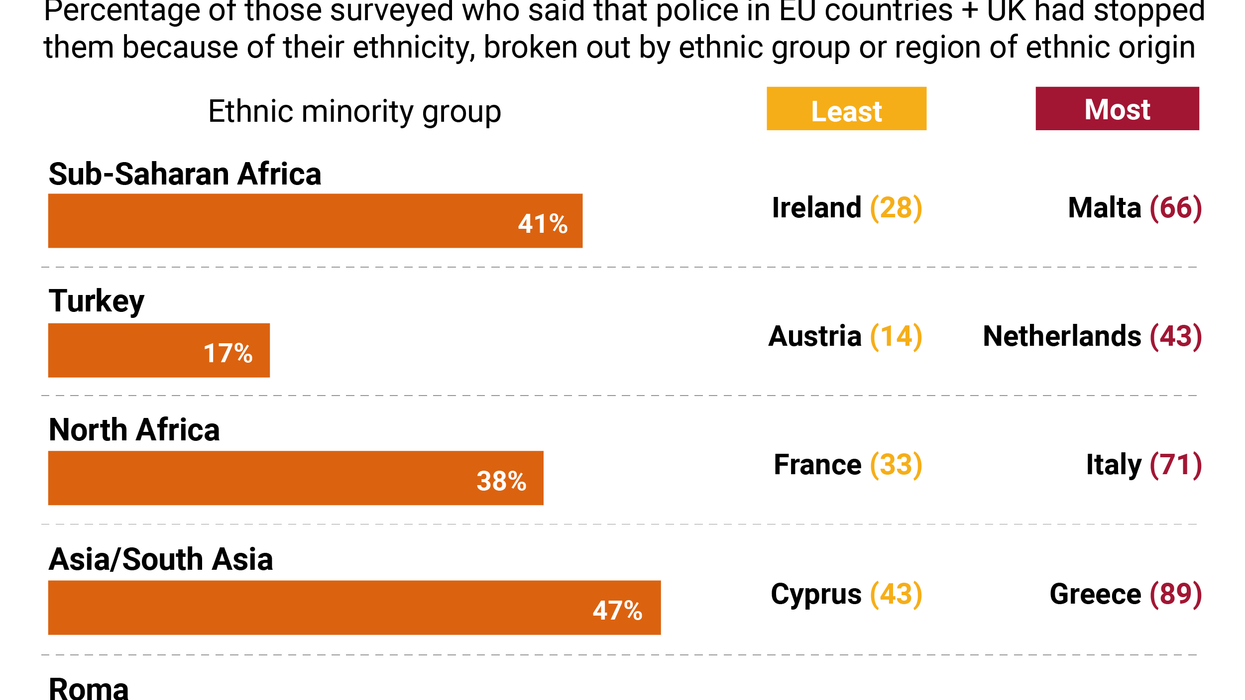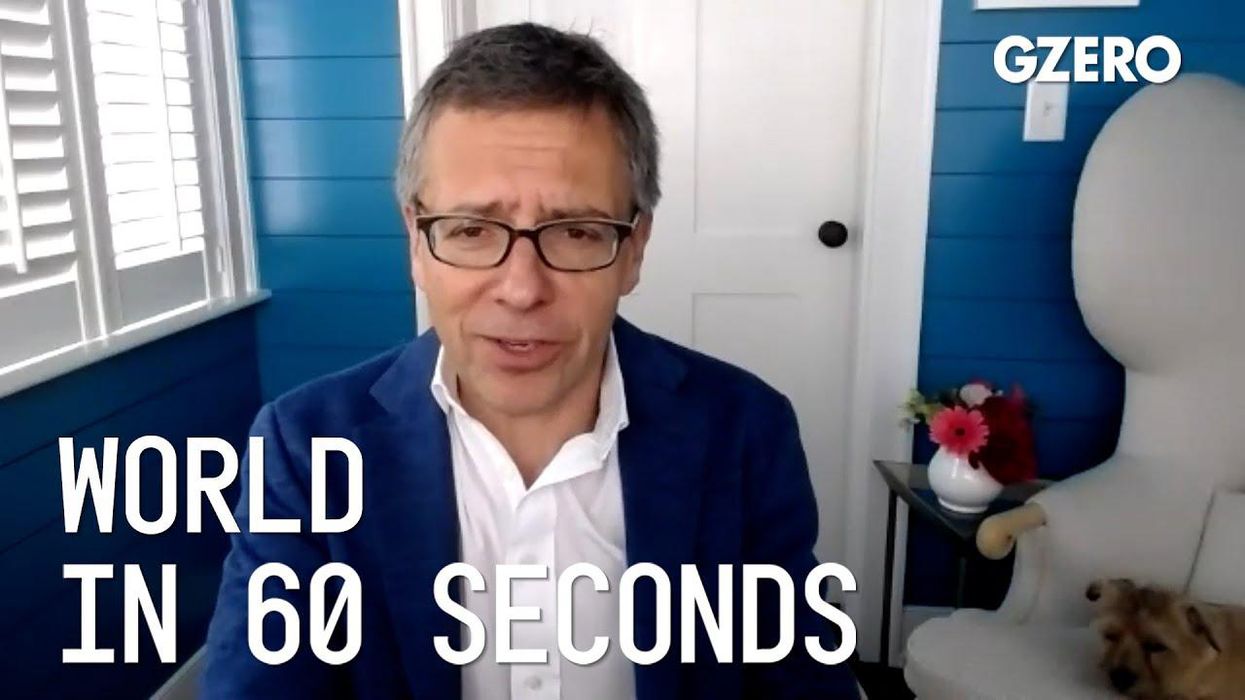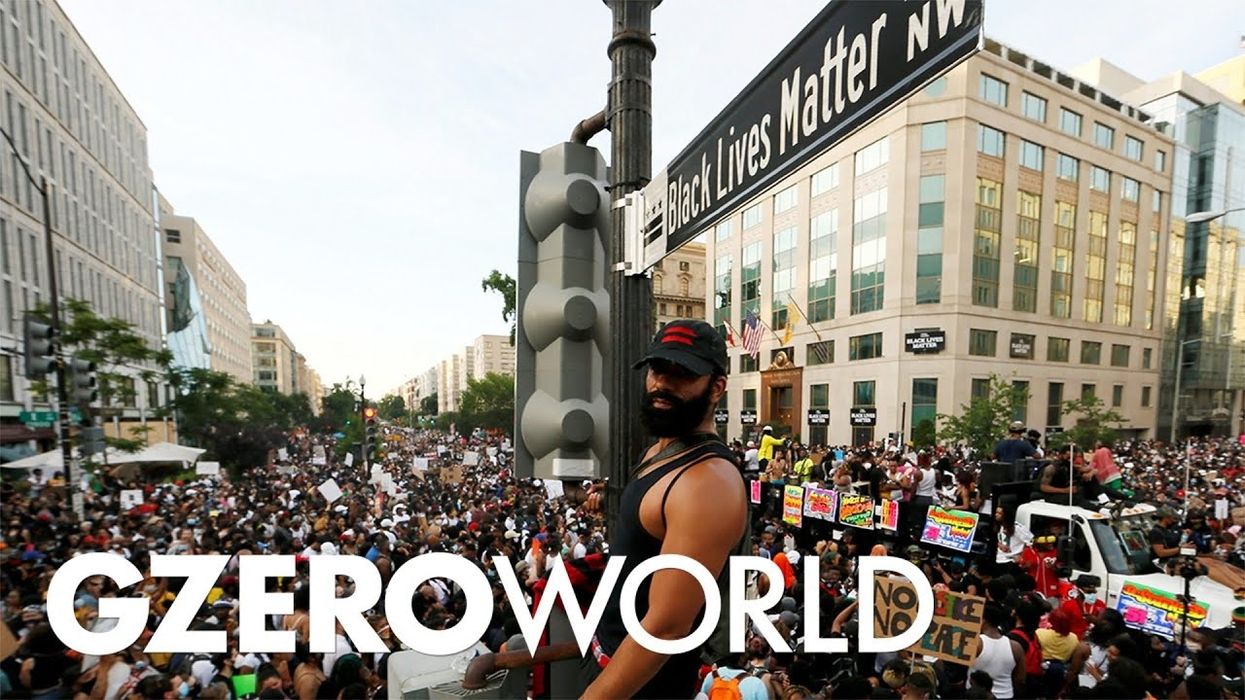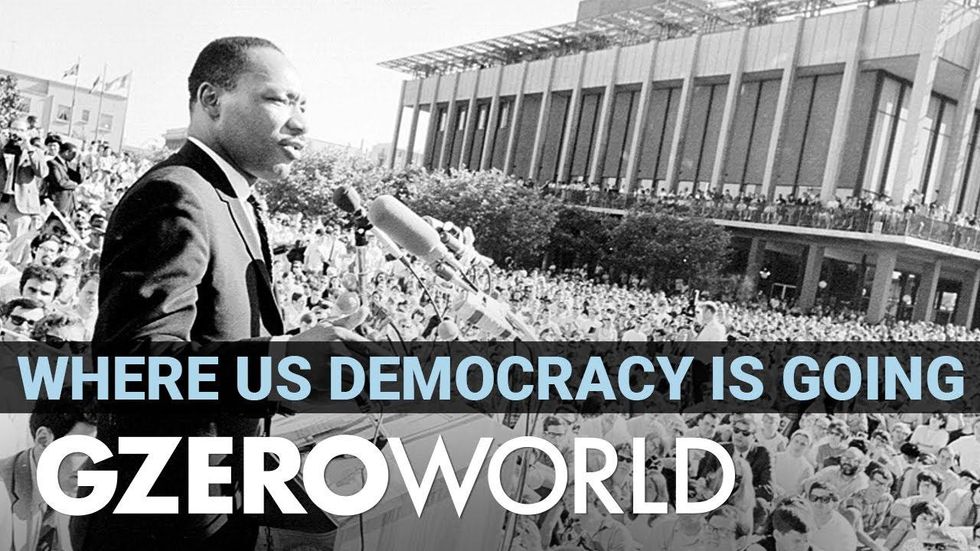
GZERO World Clips
No second-class citizens: the challenge of diversity in democracy
In his new book The Great Experiment, political scientist Yascha Mounk digs into how tough it is for very diverse democracies to treat all their citizens equally. The price to pay if it goes wrong is high: society falls apart.
Apr 06, 2022
